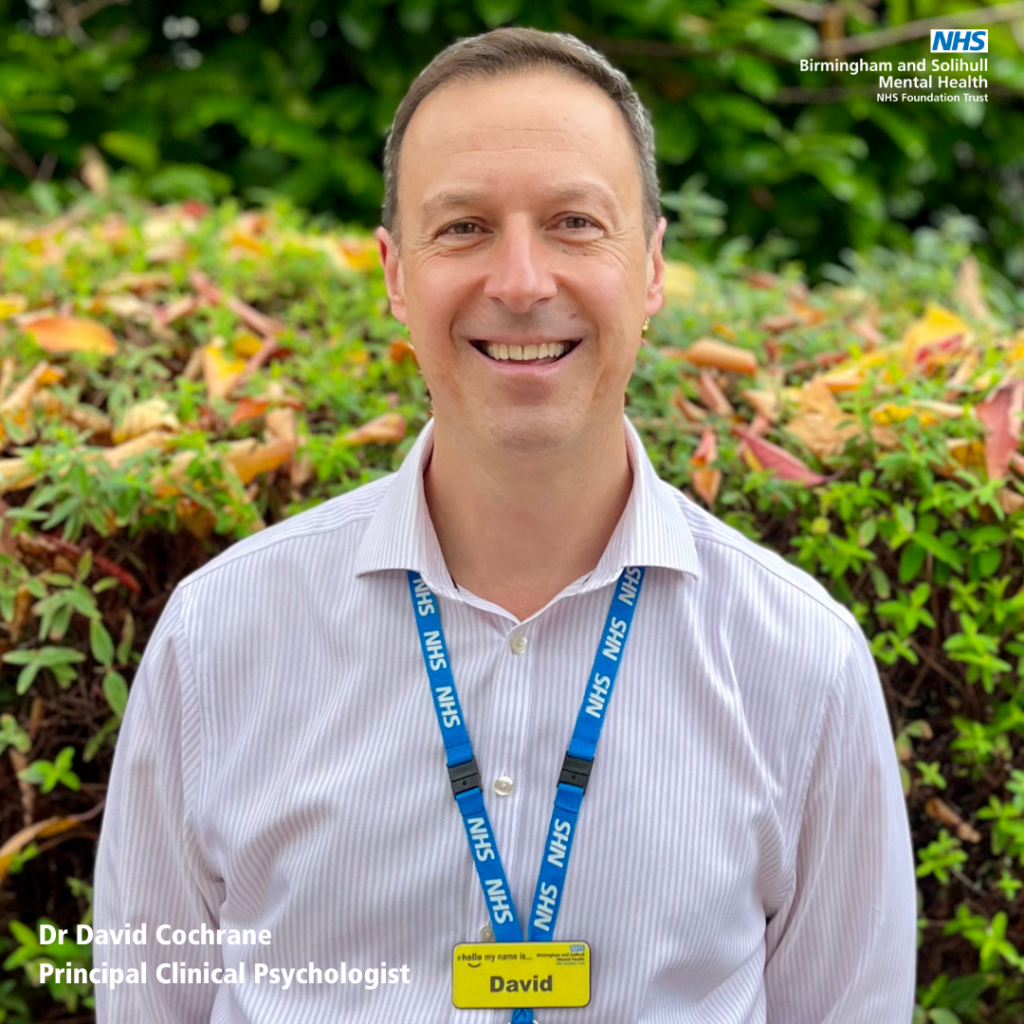Stress is unique to you – let’s think differently about how we view it.
Whilst experiencing some stress is a normal part of life, when it gets too intense or frequent it can cause psychological and physical problems.
Work, personal issues, discrimination, or financial pressures are just a few of the things that can increase our stress levels. Stress isn’t comparable, and what may seem small to you could be difficult for someone else.
Below, Dr David Cochrane, Principal Clinical Psychologist for eight years shares some of the things that many of us unwittingly do that increase our stress levels and explains what we could do to help overcome it.

“Many people spend a lot of time and emotional energy thinking about distressing things that have happened in the past and so focus on things that can’t be changed. Alternatively, it could be worrying about the ‘what ifs?’ or imaginary negative future scenarios leading to the mind being polluted with stress.
These stressful thinking patterns can often happen spontaneously and without choice, so becoming more aware of when we are stuck in these ruminations can be a very useful first step in exiting them.
As well as the thoughts, we might notice our heart racing, feeling sweaty or shortness of breath. This is our ‘sympathetic nervous system’ (fight or flight) being activated and is a sign that we are experiencing stress.
If you are feeling stressed, I would recommend you try diaphragmatic breathing (or belly breathing). Essentially it is about focusing on our belly expanding on the in breath and deflating on the out breath which engages our diaphragm.
This is a simple technique that with practice can activate our ‘parasympathetic nervous system’ (rest and digest) which is our natural, in-built soothing system. In this way belly breathing can soothe us, reducing our heart rate and muscle tension.
Another tip is recognising the difference between stress inducing catastrophic thinking, where we predict terrible future events and outcomes – ‘I’m going to make a fool of myself trying to give the presentation’, ‘I’m going to continue to be treated unfairly and there’s nothing I can do’ versus ‘problem solving’ thinking whereby we plan for success.
Problem solving is choosing to think about difficulties but in a structured and constructive way that helps us to prepare to manage a challenging situation well and so reduces stress.
Of course, increased awareness of our thoughts, diaphragmatic breathing and improved problem solving aren’t going to solve all of life’s challenges, but they can be really useful assets to help us get by and cope better.
“If you find you are having more bad days than good, and your stress levels are becoming overwhelming, please reach out. You could reach out to a mental health professional like me, a loved one or someone that you trust. More often than not, you’ll begin to feel better after sharing something weighing heavy on your mind. Conversations with others we trust can be a great source of potential solutions we haven’t even thought of.”
David has shared the following helpful links to belly breathing, problem solving, talking therapies and thought awareness.
Video tutorials on diaphragmic breathing.
NHS Talking Therapies services.
The International Stress Management Association UK has several free downloads including diaphragmatic breathing.
Published: 6 November 2024








